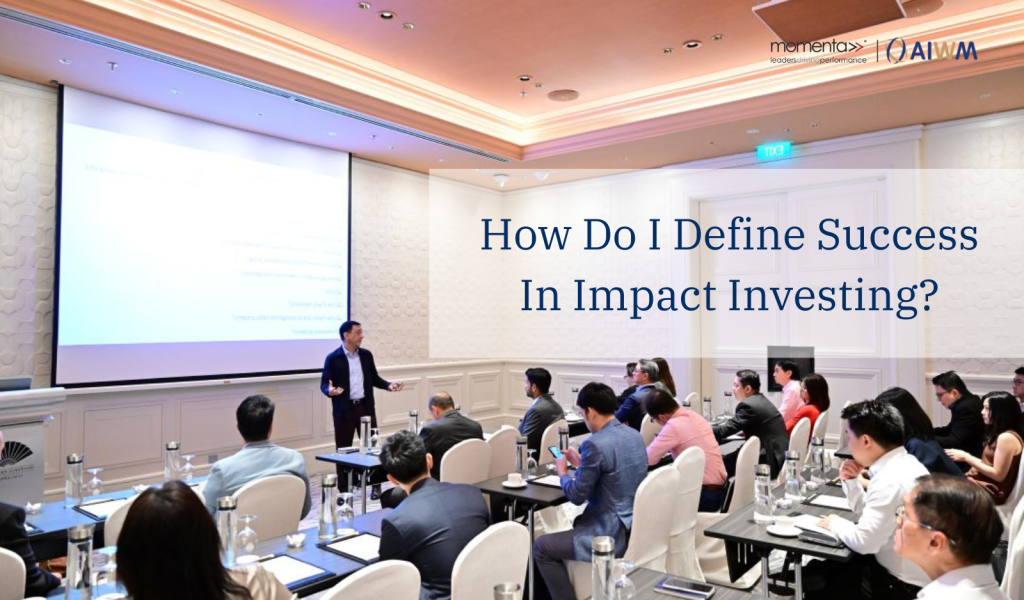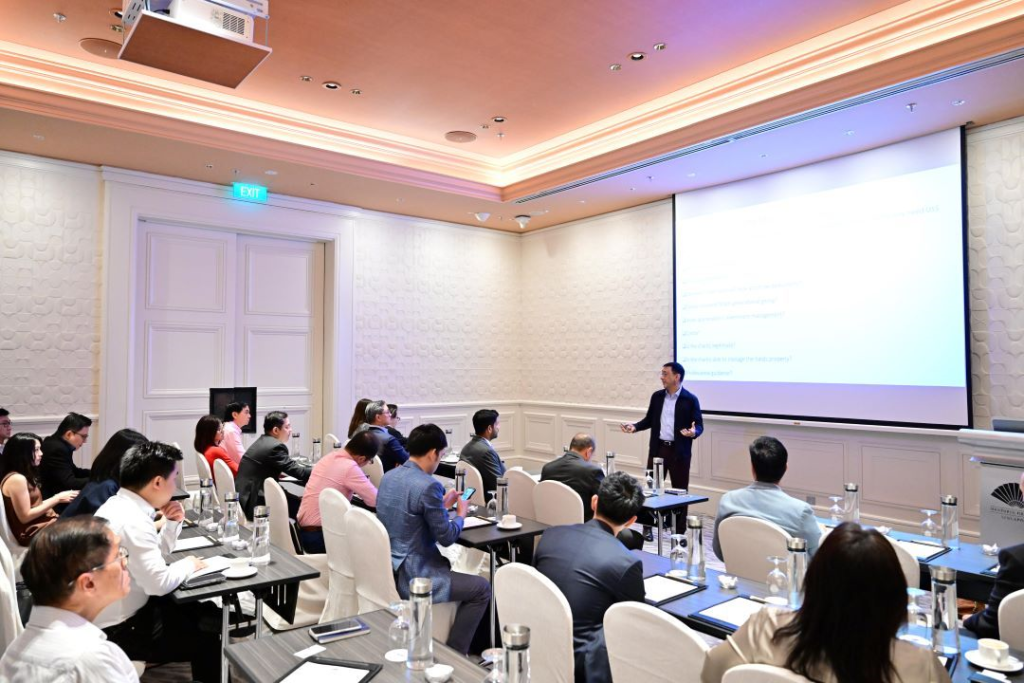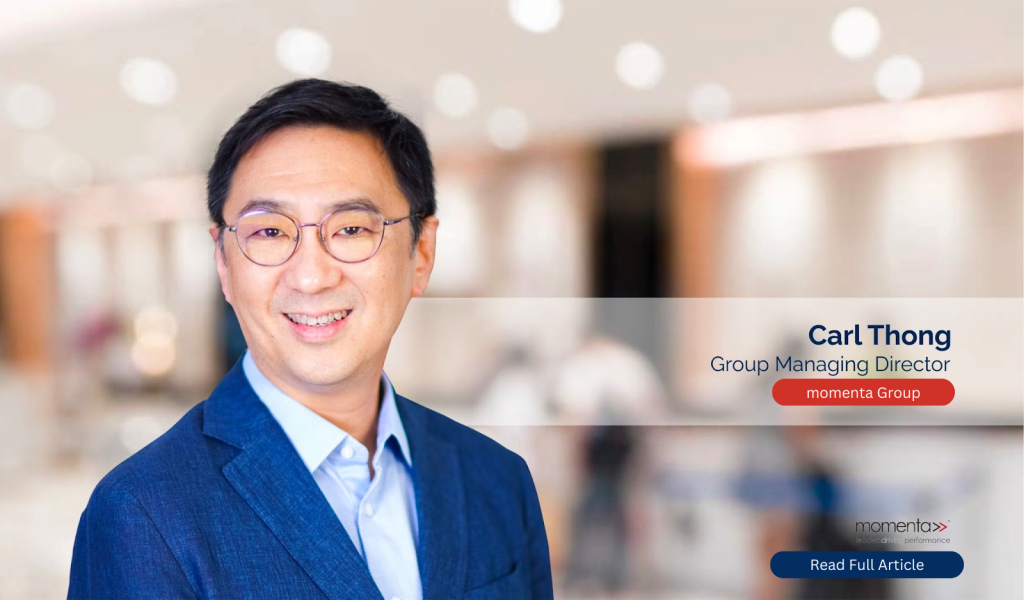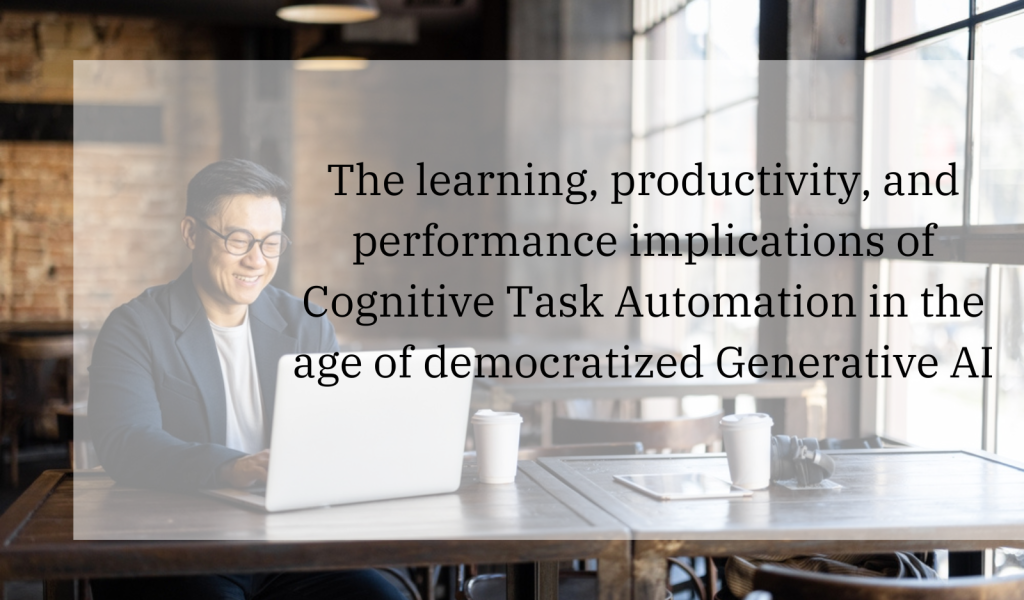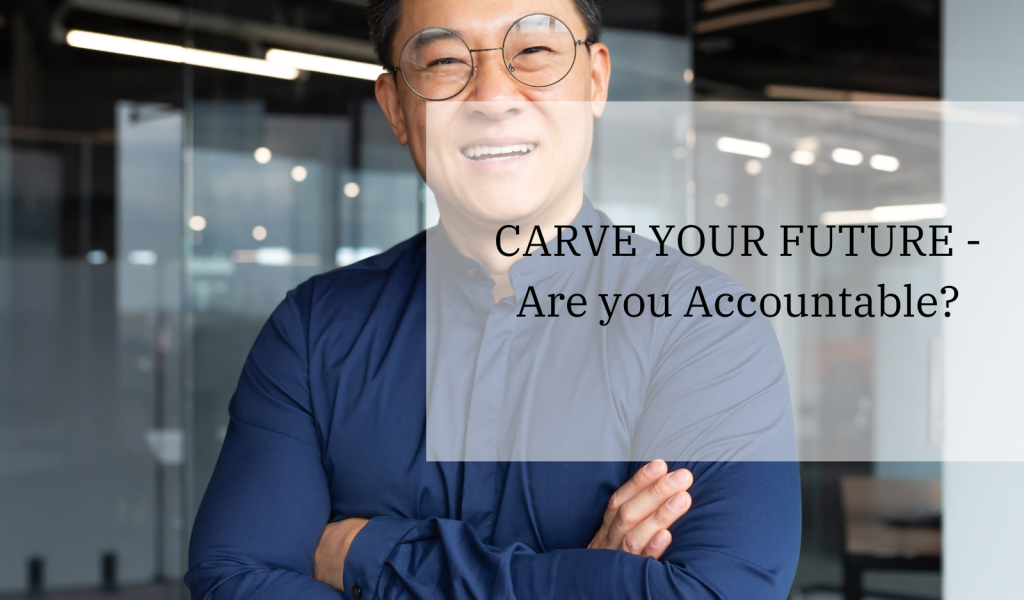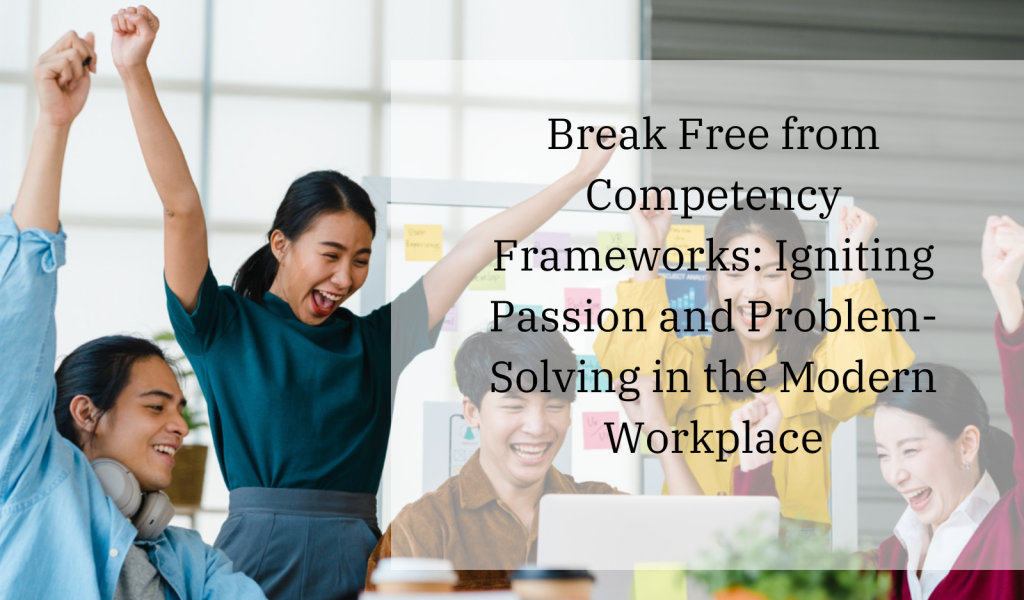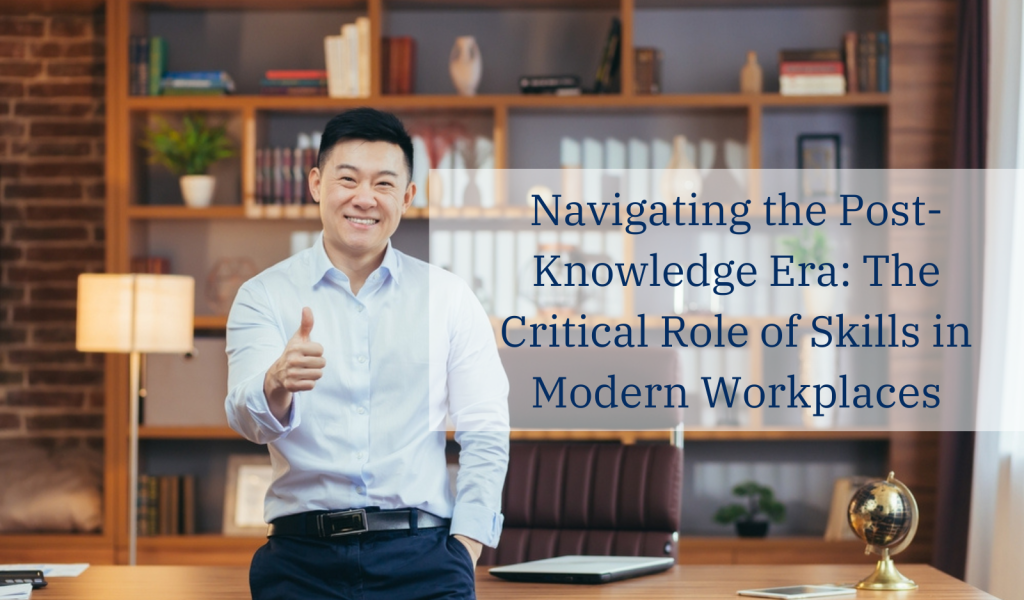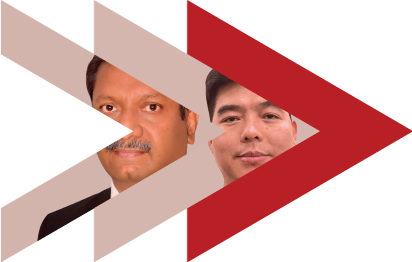Written By : Association of Independent Wealth Managers (AIWM) Dec 12th, 2023 One of the questions we often get as an impact investor is “How do you define impact?” We have a simple answer, a name. Impact means real people with names experiencing “my life will never be the same” moments. It is about people’s lives being transformed. As social impact venture capitalists, we believe you can make significant investment returns while driving high social impact. We do this by investing in early-stage B2B for-profit companies that are solving the world’s biggest problems. We believe the highest calling of business is to participate in solving the toughest challenges society faces. Here are 4 examples of businesses catalyzing transformed lives: Freeing a Person from Slavery According to the Mekong Club, 25,000 people are trafficked day, while only 136 of them are helped by all non-profits and government efforts combined. Almost half of the current 50 million slaves in the world are trafficked for their labor. The gut-wrenching part is that many of those people work on products sold to developed countries like the USA, Germany, Switzerland, and yes, Singapore. We have invested in FRDM, a software company that helps companies analyze supply chains to identify trafficking and other human rights violations. As FRDM scales, our hope is to radically drive down demand for goods produced with slave labor, destroy the economics of labor trafficking, and free millions of slaves. Elevating a Person from a Minimum Wage to a Profitable Profession Many communities have very little access to career-making training opportunities like a software coder’s boot camp that can cost thousands of dollars while training over a period of up to 6 months with no income. We invested in VeroSkills, a software development training company, where we flipped the script, asking large Silicon-Valley tech companies who need tech talent to pay the majority of the training fee to feed their recruiting pipeline while partnering with leading non-profits to provide low-cost virtual boot camps with live tutors for these underserved communities. Mentoring Disadvantaged Youth from Elementary School into a Thriving Career Mentorship has consistently proven to be one of the most effective ways to help underserved youth, but the one-on-one mentoring commitment is often challenging for many adults. We invested in UpFrom, a company that makes mentorship into a team sport by surrounding a youth with a team of four families and monetizes with a “Go Fund Me-like marketplace” that facilitates mini-campaigns for child needs like tutoring or guitar lessons. Providing Access to Healthcare for Low-Income Communities Malaria kills 619,000 people each year, yet common practice is either daily use of DEET – a long-lasting neurotoxin – or using nets which are impractical except for during sleep. We invested in LivFul, a company that has developed a 100% natural bug repellent that is safer and more effective than DEET, designed and priced for communities where people make $3 to $10 per day. We measure impact through (1) lives saved, (2) jobs created in disadvantaged communities, and (3) life-days of health without malaria (in many communities the workforce is significantly affected by absenteeism from malaria). We believe the purpose of investing is to transform lives. We do this through building and investing in scalable companies solving the most challenging problems on the planet. Profit is also good. It is natural for these companies to make a significant profit because their profit is the fruit of positively transforming many lives. Our dream is to transform 1 million lives through for-profit investments. We’re incredibly thankful for our track record. Dr. Carl Thong is a partner in Eagle Venture Fund (www.eagleventurefund.com). He can be contacted at carl.thong@momenta.biz

Leadership
Great organizations are built by great teams. Great teams are led by great leaders. We are in the business of building leaders.
Sales
momenta is well-known for its sales training programs that integrate buyer psychology, systematic sales processes and soft skill tools.
Financial Services
momenta are world renowned experts helping financial institutions drive business performance. Our programs are accredited by regulatory bodies, namely the Institute of Banking and Finance Singapore and the Taiwan Academy of Banking and Finance.
Organization
momenta thrives on working with clients to understand business performance challenges, analyze the bigger picture, and deep dive together with our clients to drive business results by unlocking human potential.


